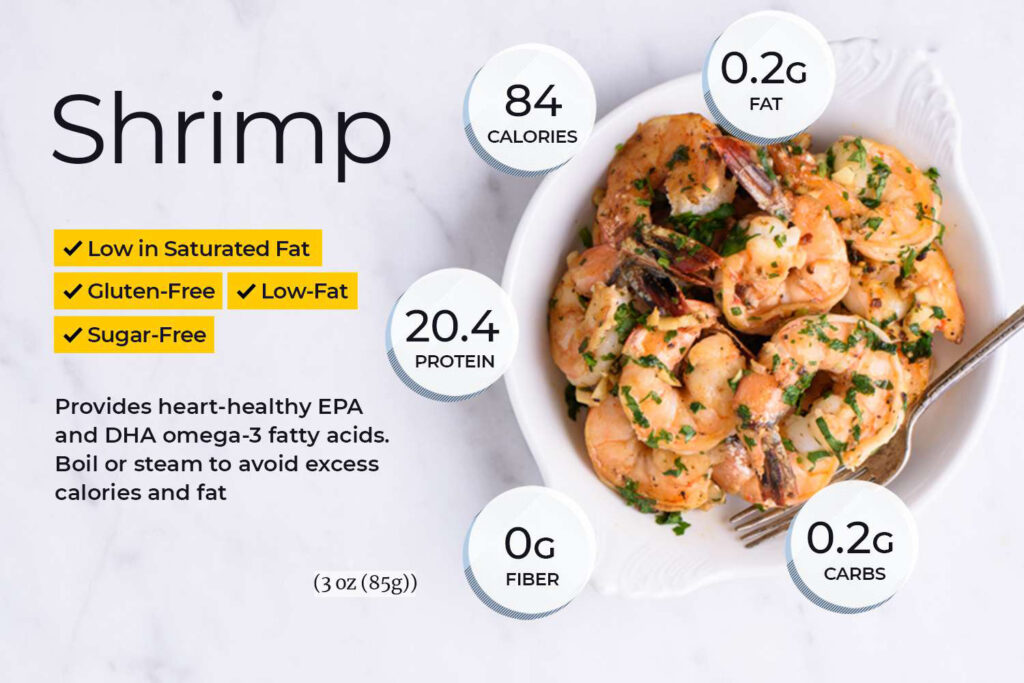Vitamin A is a fat-soluble vitamin essential for maintaining healthy vision, skin, immune function, and cell growth. It exists in two primary forms: preformed vitamin A (retinol and retinyl esters) and provitamin A carotenoids (beta-carotene, alpha-carotene, and beta-cryptoxanthin). The body converts provitamin A carotenoids into the active form of vitamin A as needed.
Types of Vitamin A
- Preformed Vitamin A (Retinoids):
- Found in animal-based foods and supplements.
- Includes retinol and retinyl esters, which the body can readily use.
- Provitamin A (Carotenoids):
- Found in plant-based foods.
- Includes compounds like beta-carotene, which the body converts into active vitamin A.
Daily Recommended Intake of Vitamin A
- Men: 900 micrograms (mcg) or 3,000 International Units (IU) per day.
- Women: 700 mcg or 2,333 IU per day.
- Children: Between 300-600 mcg, depending on age.
- Pregnant Women: 770 mcg per day.
- Lactating Women: 1,300 mcg per day.
Health Benefits of Vitamin A
- Supports Vision: Vitamin A is critical for the maintenance of healthy eyesight. It is a key component of rhodopsin, a protein in the eyes that helps you see in low-light conditions. Vitamin A deficiency can lead to night blindness and, in severe cases, complete blindness.
- Promotes Skin Health: Retinoids help in maintaining the integrity and function of skin cells. Vitamin A stimulates skin cell production and repair, preventing dry skin and promoting a youthful appearance.
- Boosts Immunity: Vitamin A plays an essential role in the body’s immune system by promoting the production and function of white blood cells, which protect the body from infections.
- Supports Growth and Development: During pregnancy, vitamin A is crucial for the proper development of the fetus, including the formation of the heart, lungs, and kidneys.
- Acts as an Antioxidant: Provitamin A carotenoids, like beta-carotene, act as antioxidants that protect cells from damage caused by free radicals, reducing the risk of chronic diseases.
Major Sources of Vitamin A
1. Animal-Based Sources (Preformed Vitamin A – Retinoids)
Animal-based foods are rich in preformed vitamin A, which the body can use directly. These include:
- Liver: Beef, chicken, or turkey liver are among the richest sources of preformed vitamin A.
- Beef liver (100 grams) contains about 6,582 mcg of vitamin A, which is more than 700% of the daily recommended intake.
- Fish Oils: Cod liver oil is exceptionally high in vitamin A.
- Cod liver oil (1 tablespoon) contains about 4,080 mcg of vitamin A.
- Egg Yolks: Eggs are a moderate source of preformed vitamin A.
- One large egg yolk provides about 80 mcg of vitamin A.
- Dairy Products: Milk, butter, cheese, and yogurt contain small amounts of vitamin A.
- Whole milk (1 cup) contains around 68 mcg of vitamin A.
- Cheddar cheese (1 ounce) contains about 75 mcg.
- Fortified Foods: Many dairy products, cereals, and margarine are fortified with vitamin A.
2. Plant-Based Sources (Provitamin A Carotenoids)
Provitamin A carotenoids are found in colorful fruits and vegetables, especially those with orange, yellow, and dark green hues. These include:
- Carrots: One of the richest sources of beta-carotene.
- Raw carrots (100 grams) provide 835 mcg of vitamin A (as beta-carotene).
- Sweet Potatoes: Another excellent source of beta-carotene.
- One medium baked sweet potato contains about 1,096 mcg of vitamin A (122% of the daily value).
- Pumpkin: Also rich in beta-carotene.
- Canned pumpkin (100 grams) contains about 400 mcg of vitamin A.
- Spinach and Kale: Dark leafy greens are loaded with beta-carotene.
- Cooked spinach (100 grams) contains 524 mcg of vitamin A.
- Cooked kale (100 grams) contains about 681 mcg of vitamin A.
- Mangoes: A sweet and tropical source of vitamin A.
- One cup of sliced mango provides about 89 mcg of vitamin A.
- Red Bell Peppers: Vibrantly colored and high in beta-carotene.
- 100 grams of red bell pepper contains about 157 mcg of vitamin A.
- Butternut Squash: Rich in beta-carotene and can be roasted, steamed, or pureed.
- 100 grams of cooked butternut squash provides around 457 mcg of vitamin A.
3. Fortified Foods
Many processed foods are fortified with vitamin A to ensure people get enough in their diet:
- Fortified Milk and Dairy: Many varieties of milk and dairy products are fortified with vitamin A. Fortified whole milk contains around 68 mcg of vitamin A per cup.
- Fortified Breakfast Cereals: Some cereals have added vitamin A, providing about 500-1,000 mcg per serving.
- Fortified Plant-Based Milk: Almond milk, soy milk, and oat milk are often fortified with vitamin A, with amounts varying depending on the brand.
Special Considerations
1. Vitamin A Deficiency
- Night Blindness: The earliest symptom of vitamin A deficiency is night blindness, where an individual struggles to see in low-light conditions.
- Dry Eyes and Skin: Severe vitamin A deficiency can lead to xerophthalmia (dry eyes), which can result in blindness, and xerosis (dry, rough skin).
- Impaired Immunity: Deficiency can compromise the immune system, making individuals more susceptible to infections.
Populations at risk include:
- Pregnant Women: Increased need for fetal development.
- Infants and Young Children: Particularly in developing countries, where vitamin A deficiency is common.
- People with Malabsorption Disorders: Those with conditions like Crohn’s disease or cystic fibrosis may have trouble absorbing fat-soluble vitamins like vitamin A.
2. Vitamin A Toxicity
While essential, too much vitamin A can be harmful. Preformed vitamin A (from animal sources and supplements) can accumulate in the body, leading to toxicity. Symptoms of hypervitaminosis A include:
- Nausea and vomiting
- Dizziness
- Blurred vision
- Headaches
- Liver damage (in severe cases)
Provitamin A carotenoids from plant sources do not cause toxicity, but consuming large amounts of beta-carotene can turn the skin yellow or orange, a harmless condition known as carotenemia.
Conclusion
Vitamin A is essential for good vision, skin health, immune function, and overall well-being. A balanced diet with a mix of both animal-based and plant-based foods can provide the necessary levels of vitamin A to maintain health. Eating a variety of vitamin A-rich foods like liver, eggs, carrots, sweet potatoes, and spinach will ensure adequate intake while avoiding deficiency or toxicity.





